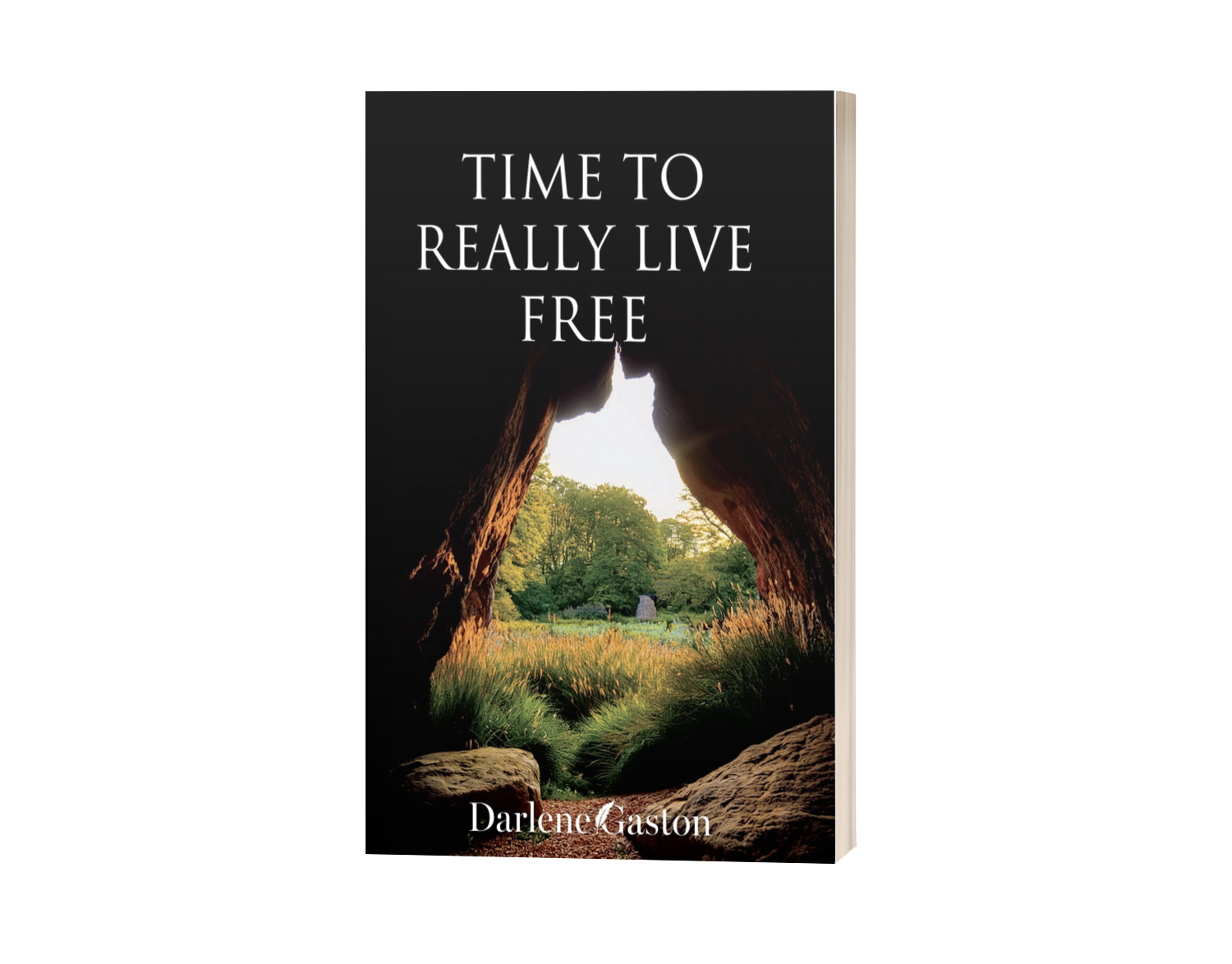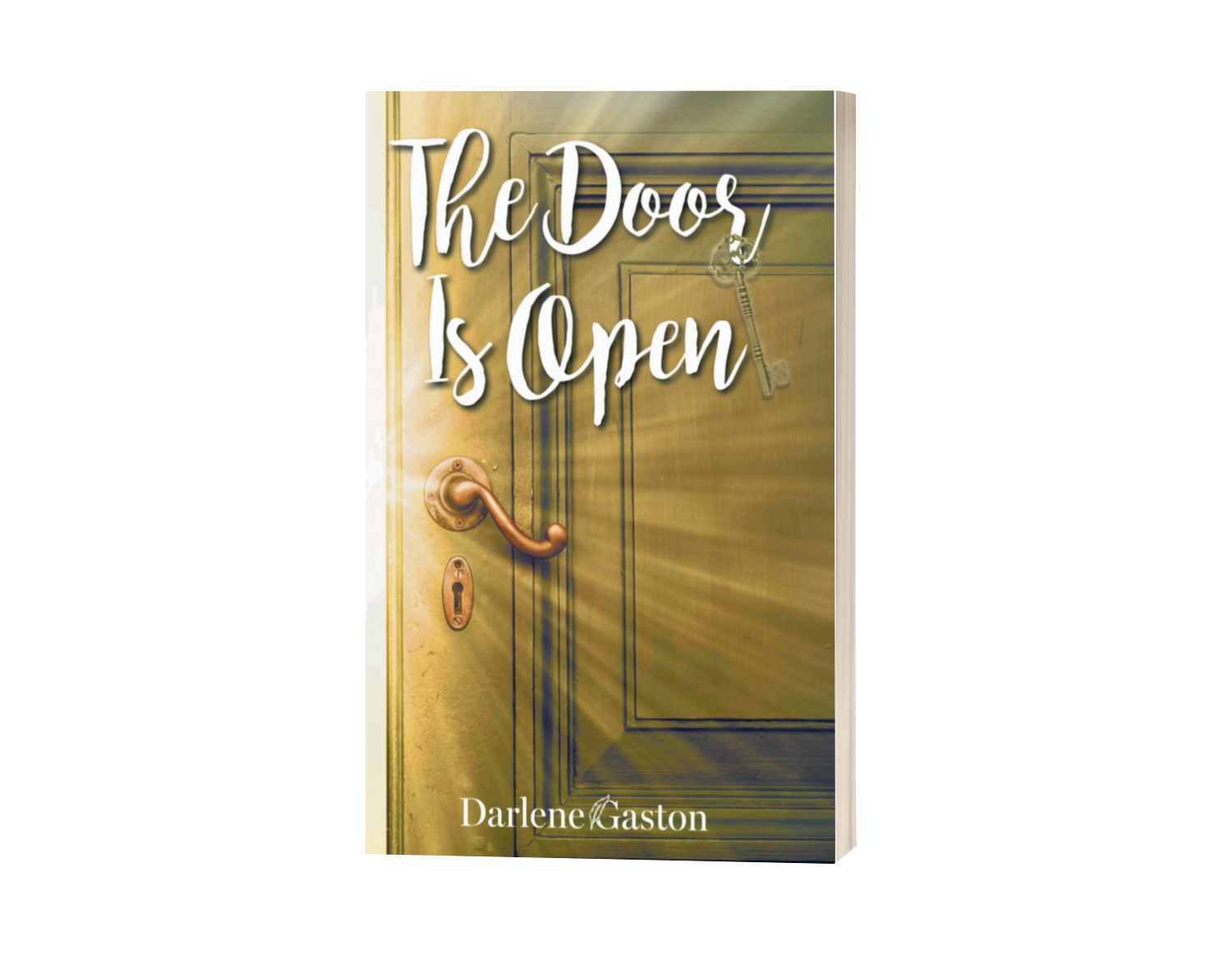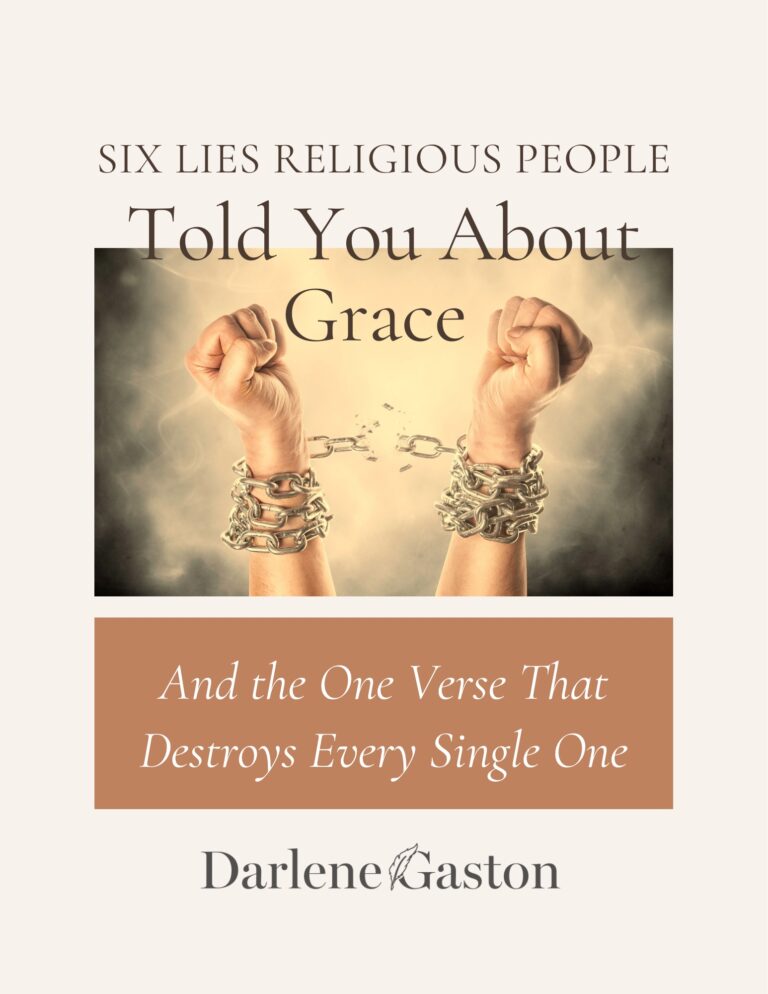Table of Contents
Introduction
Last weekend, I attended a funeral of a family friend. During the service, the pastor comforted attendees with a verse from Revelation 21:4:“
“and He will wipe away every tear from their eyes; and there will no longer be any death; there will no longer be any mourning, or crying, or pain; the first things have passed away.”” NASB1995
The Revelation
1And I saw new Heavens and a new Earth, for the former Heavens and the former Earth had departed, and the Sea was no more. 2And I saw The Holy City, New Jerusalem, descending from Heaven from beside God, prepared like a bride adorned for her husband. 3And I heard a great voice from Heaven that said, “Behold, the Tabernacle of God is with the children of men, and he dwells with them and they shall be his people and the same God is with them and shall be their God*. 4And he* shall wipe away every tear from their eyes, and from now on there shall not be death, neither grieving, nor clamor, neither shall there be disease again, for His sake*.”
5And I walked and he who sat on the throne said to me, “Behold, I make all things new.” And he said to me, “Write: ‘These words are trustworthy and true.” 6And he said to me, “They are done. I am Alap and I am Tau, The Source and The Fulfillment. I shall give to the thirsty one from the fountain of the water of life without charge.” 7“And he who is victorious shall inherit these things, and I shall be his God and he will be my son.” 8“But to the timid, the unbelievers, the evil, the defiled, murderers, sorcerers, fornicators, idol worshipers and all liars: their part is in the burning Lake of Fire and Brimstone, which is the second death.” Revelation 21:1-8
First, what the Lord spoke to me: “I have overcome death.” In that moment, I understood that we do not die; wesimply transition from one plane to another. In Christ, we do not die because He has gifted us eternal life throughsalvation. Consider John 11:25-26 (NASB1995):
“I am the resurrection and the life; he who believes in Me will live even if he dies, and everyone who lives and believes in Me will never die?” Do you believe this?”
What Else Is True?
Grieving, Clamor, Toil
Let’s start with “neither grieving.” Isaiah 53:4 says, “Surely our griefs He Himself bore.” This is post-cross, part of the New Covenant we live in now.
Next, “nor clamor.” The Greek word for clamor (kraugē, Strong’s #2906) means “an outcry” (BibleHub). As Christians, we recognize the historical outcry for the Savior of the world. This same word appears in Matthew 25:6: “And in the middle of the night there was an outcry: ‘Behold, the groom has come, go out to meet him.’” In Hebrews 5:7, we read, “In the days of His flesh, He offered up both prayers and supplications with loud crying and tears to Him who was able to save Him from death, and He was heard because of His piety.” Ephesians 4:31 states, “Let all bitterness, wrath, anger, clamor, and slander be put away from you, along with all malice.” I propose that “no more clamor” in Revelation 21:4 means there is no longer an outcry for a Savior—He has come and lives within us.
Finally, “nor shall there be disease again.” The Greek word here is ponos (Strong’s #4192), meaning toil or, by implication, anguish or pain. According to the Oxford American Writer’s Thesaurus, “toil” means:
- work hard
- struggle
I propose that, under the New Covenant of Grace, we no longer toil or struggle with the law because Christ has fulfilled it (see Time to Really Live Free).
First Things Have Passed Away
The phrase “for His sake” or “the first things have passed away” refers to the Old Covenant passing away, replaced by the New Covenant in our current timeline. This is why I say we live in the season of Grace.
He Sits on His Throne
Within the scripture, Jesus, seated on the throne, declares, “It is done. I am the Alpha and the Omega, the beginning and the end. I will give to the one who thirsts from the spring of the water of life without cost. He who overcomes will inherit these things, and I will be his God, and he will be My son. But for the cowardly and unbelieving and abominable and murderers and immoral persons and sorcerers and idolaters and all liars, their part will be in the lake that burns with fire and brimstone, which is the second death.” This speaks to the kingdom of God residing within believers (see The Door Is Open), distinguishing those within the mark from those outside it (see Time to Really Live Free, The Mark). Thus, the kingdom of God is present on earth now, within us. Jesus has bound the strong man, crushed the serpent’s head, and conquered death. We live in the New Covenant, with the kingdom of God residing in us, bringing it to earth. Jesus said, “Behold, I am making all things new.” This happens as each person chooses Him, transforming from glory to glory on earth. His kingdom, like a mustard seed, grows within us, manifesting on earth. This has always been the plan of the New Covenant.
New Heaven, New Earth
I haven’t addressed Revelation 21:1-2—“Then I saw a new heaven and a new earth; for the first heaven and the first earth passed away, and there is no longer any sea. And I saw the holy city, New Jerusalem, coming down out of heaven from God, made ready as a bride adorned for her husband”—because Dr. Jonathan Welton explains this beautifully in The Art of Revelation (pages 140-142). The tabernacle of the Lord dwelling with men refers to Him living inside each believer in the here and now, under the New Covenant of Grace. We live in the New Heaven and New Earth, the time every Old Testament prophet longed for. Let me conclude with a quote from Charles H. Spurgeon:
Did you ever regret the absence of the burnt-offering, or the red heifer, or any one the sacrifices and rites of the Jews? Did you ever pine for the feast of tabernacles, or the dedication? No, because, though these were like the old heavens and earth to the Jewish believers, they have passed away, and we now live under new heavens and a new earth, so far as the dispensation of the divine teaching is concerned. The substance is come, and the shadow has gone: and we don not remember it. ¹
I hope this offers a fresh perspective on the Book of Revelation. Please feel free to share questions or comments below.
Much Grace,
Darlene
1 Charles H. Spurgeon Metropolitan Tabernacle Pulpit, Vol 37 (Banner of Truth Publications, 1970), 354




